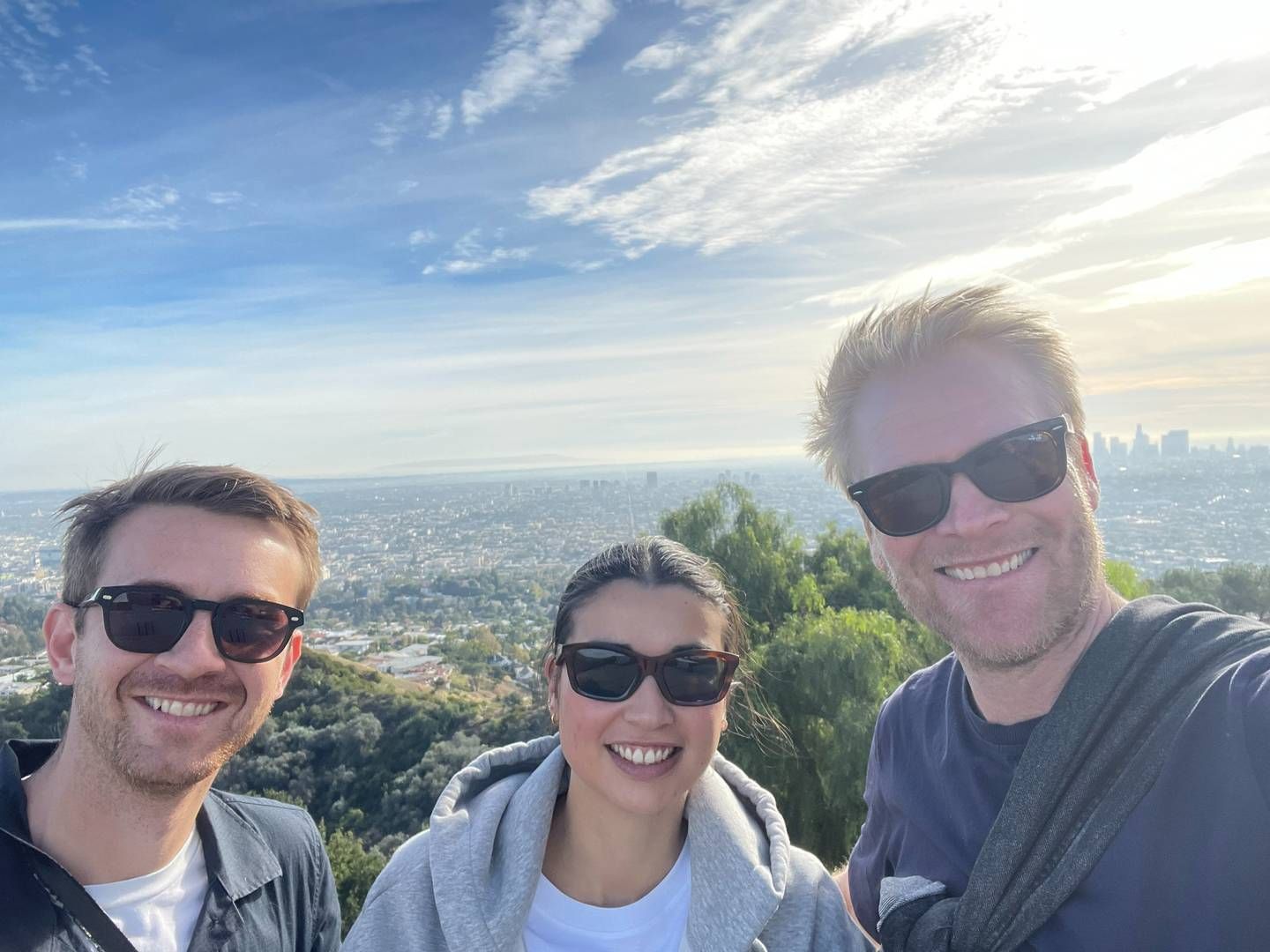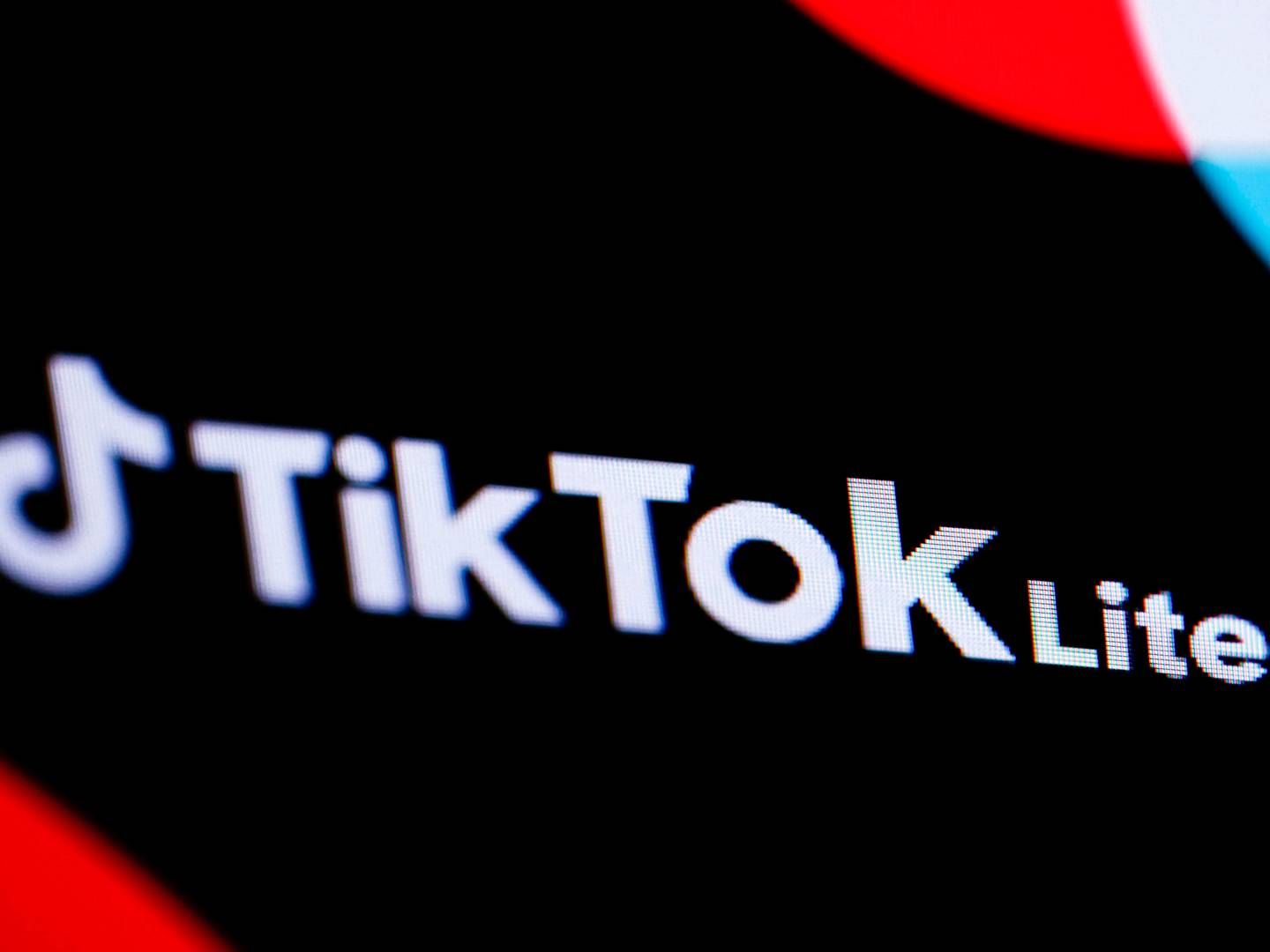THE EXPERIENCE ECONOMY WILL NOT BE CAPITALIST!
This is mainly because the raw material of the ‘experience economy’; creativity, is produced more efficiently in what we call an ‘ethical economy’ based on sharing and cooperation, rather than property and competition. We predict that technological development will enable this ethical economy to out-compete the capitalist economy and dominate the production of experiences, knowledge and the other forms of immaterial wealth that will fuel future economic development. In many ways today’s situation is similar to that of the emergence of capitalism in 14th century
The Experience Economy
The term ‘experience economy’ is not only a matter of a new and greater economic importance of tourism and ‘events’, but hints at something more substantial. It represents a further development in relation to the 'knowledge economy' that we have lived with since the beginning of the last century. The term 'knowledge economy' generally meant that the immaterial content of commodities- the knowledge that they embody- progressively became more important than their actual material make-up as a source of value and profits.[i] The 'experience economy' goes beyond this in two important respects.
First, new kinds of immaterial content, chiefly aesthetic and affective 'experiences': emotional engagement and forms of community become even more important than technical or cognitive knowledge. In other words, it is not so much the technical specifications of the product or the patent of the drug that matter, as much as it is the ability to tie those technical specifications to a particular experience or community (life with your iPod), or that patent to a lifestyle (the sexually active senior citizen on Viagra).
Second, the production of such affective 'experiences' feeds off a creativity that is not centrally controlled, but increasingly socialized. To produce 'experiences' becomes ever more a matter of tapping in to and appropriating the creative practices that unfold among consumers, web users and ordinary people in general.[ii]
Our hope is that the economy will be able to continue to grow in the future by producing and selling ever more such experiences.
Developed countries like
Our main way of growing as an experience economy is based on the cultivation of socialized creativity. This is achieved chiefly through the diffusion of information and communication technologies. That is why
The Ethical Economy
This new user-led economy also has its own principles, different from those of the capitalist economy. First, contrary to what is the case in most of the business world, creative users do not get paid for what they do. The user-led economy is mostly driven by other motivations, be this accumulating respect, making friends or showing off. Second, user led production is generally based on sharing and common access, not on property and restricted access. We have called this an 'ethical economy', because essentially, its an economy that is driven by the accumulation of respect, interpersonal relations and community. This means that much of the contemporary experience economy actually unfolds outside of the markets that business can control and manage. Instead of markets, the ethical economy has networks. This means that the ethical economy is not primarily oriented towards the accumulation of monetary wealth, but towards the accumulation of respect and standing within a network. Contrary to the accumulation of money, the accumulation of respect presupposes sharing and co-division. It is only by giving more than you take out that you make a name for yourself in the community. This means that the ethical economy is structurally adverse to private property and structurally prone to sharing and co-division.
This structural split between the capitalist economy and an ever more important, non-capitalist ethical economy, has produced a host of different management schemes that essentially promise to enable business to tap into and make money out of this large untapped, and not yet monetized resource (like DUCI the Danish User Centered Innovation Lab that just received 160 million Danish Kroner -about €21 million, in government funding). But is this really possible in the long run? Willthe networks of cooperation that make up the ethical economy be contained within a capitalist logic that is alien to their own mode of operation?
Three ways of capitalizing on the ethical economy.
Today business has three main ways of capitalizing on the ethical economy.
First, business can specialize in selling a host of services and experiences formed around a common core that is accessible to everybody. Examples are Linux and Wikipedia that both have given rise to a host of business services. We could call this a commons-oriented business model.
Second business can provide a platform on which the ethical economy can unfold. The aggregated attention present through this platform can then be sold of as 'virtual real-estate' to attention-craving advertisers. YouTube and MySpace are based on this model. We could call this the sharing-economy based business model.
Finally through user-led innovation schemes and 'crowdsourcing' companies try to directly integrate participation in their own value chains.
Note that all these models are a matter of attaching a rather marginal supply of sellable services to a much larger core of commonly accessible goods. So there is already a significant discrepancy between the relatively small share of the experience economy that can be monetized and sold by business and the much larger share that moves outside of the market.
This is why we say that the core logic of the experience economy is not capitalist. The key issue here is that in a sphere where reproducing information is dirt cheap, the market, based on a tension between supply and demand, simply has no key function. And this discrepancy is likely to increase in the future for the simple reason that the ethical mode of production is much more efficient than the capitalist mode of production in generating innovation, knowledge and experience. We call this the Law of Asymmetric Competition, and it states that companies using open, participatory and sharing or commons-oriented strategies will tend to win out over those who don't.
This higher efficiency of the ethical economy rests on its very modus operandi. The productivity of knowledge and other immaterial goods is based on their ability to circulate. If I share my innovation or my new designs with you, than you too can use them to develop something new. If I make them commonly accessible on the internet, than everybody can do this. With circulation productivity grows exponentially. This has been the logic behind the efficiency of scientific research for more than a century. But the capitalist economy is based on private property, which in turn is premised on the ability to restrict access to goods for people who do not pay. The fact that the ethical economy is more efficient in producing new knowledge and experiences means that most of the growth of the experience economy will take place there. At the same time business' ability to market these innovations is restricted and slow. Most businesses are still bureaucratic organizations that are relatively reluctant to accept novelty and innovation. If this were not the case, then there wouldn't be such a market for business consultants selling recipes for 'creativity'.
The Future
What does it mean, in social terms, if most of the experience economy unfolds outside of the market and if, consequently, most of the production of experiences does not receive any monetary compensation? It will probably mean a growing crisis of legitimacy for capitalism. As capitalism becomes ever more parasitic on the ethical economy and lives off its ability to appropriate and market its products without contributing much to actually production, more and more people involved in the production of experiences will feel that the capitalist markets are not the best way to organize the experience economy.
Crisis of legitimacy
Three additional factors will fuel this crisis of legitimacy.
First, the ethical economy is likely to be increasingly autonomous in relation to capitalism. New information technologies make it possible to develop alternative currencies and value standards that enable people to trade their goods in markets that move outside the capitalist monetary system. We are already seeing a massive expansion in local currencies as in the LETS system or the OpenMoney movement.[vi] Productive networks are also developing new kinds of quantification of respect and community status (like Whuffie, Slashdot’s Karma or other systems for managing an emerging reputation economy).[vii] To make these tradable across networks is chiefly a matter of access to computing power. With a functioning mobile internet my cell phone can negotiate with yours as to how much the fact that I am a frequent contributor to a blog and have hosted strangers on my couch counts as to getting into your club, or eating at your café. When this happens the ethical economy will become self-organizing in ways that the capitalist economy cannot influence. This will greatly empower its autonomous development.
Second, machinery for material production is presently undergoing the same development that computers did thirty years ago. This means that within the near future, versatile multi-purpose machinery will become much cheaper. Trends in desktop manufacturing, in rapid manufacturing and tooling, in easy to localize multi-purpose machinery, in personal fabricators that move from plastic to metals, will tend to distribute physical productive capacity and undermine the industrial model of capitalism. Localized material production can be integrated in local economic networks that work with alternative currencies and use community or peer-financing. This will further undermine the power and influence of the capitalist economy. The transition to such local production systems will also be supported by rising energy prices, which will make the present model of capitalist production unsustainable. (Today things like lettuce travel, on average
Third, states that want to develop an experience economy will eventually realize that the best way of doing this is to support the ethical mode of production and thus further restrict the ability for capitalism to control and market its products. (This is already happening:
A developed experience economy will not be capitalist.
So all in all, it is very likely that a developed experience economy will not be capitalist. It will probably take the form of multitude of productive networks that move according to different values, where the accumulation of respect by offering contributions to common projects, and not the accumulation of private wealth works as the most important common motivational force. Capitalism will still play a part, probably as the main system for managing 'scarce' material production. But the production of innovation, knowledge and 'creativity' will unfold through an ethical economy, where value standards are increasingly tradable between different productive networks allowing new kinds of non-capitalist global markets to emerge. We are already seeing this tendency in its emerging form with the exponential growth of ‘blended value’ standards like socially responsible investment or Islamic finance. States and political actors who really want to develop an experience economy should have this scenario in mind when they reconsider their policies
[i] On the twentieth-century history of the ‘knowledge economy’ see Mokyr, J. The Gifts of Athena: Historical Origins of the Knowledge Economy, Princeton; Princeton University Press, 2001.
[ii] This argument has most famously been proposed by Yochlai Benkler in his The Wealth of Networks, Yale University Press, 2006.
læs den her
(available for free download at see also, von Hippel, E. Democratizing Innovation, MIT Press, 2006.
[iii] see WWF: Living planet report, 2006, available along with a mass of other information at www.footprintnetwork.org
[iv] See Ahonen, T. & O’Reilly, J., Digital Korea, London; Futuretext, 2007, (http://www.digitalkorea.futuretext.com/ )
[v] Rometti, G.Expanding the Innovation Horizon. The Global CEO Survey 2006, IBM Enterprise Business Services, (find it at http://www-07.ibm.com/in/university/relations/Pack_downloads/GE510-6258-00f.pdf ).
[vi] On OpenMoney see http://www.openmoney.org/ , on LETS, http://www.gmlets.u-net.com/
[viii] See McKibben, B. Deep Economy. The Wealth of Communities and the Durable Future, New York; Times Books, 2007.

































